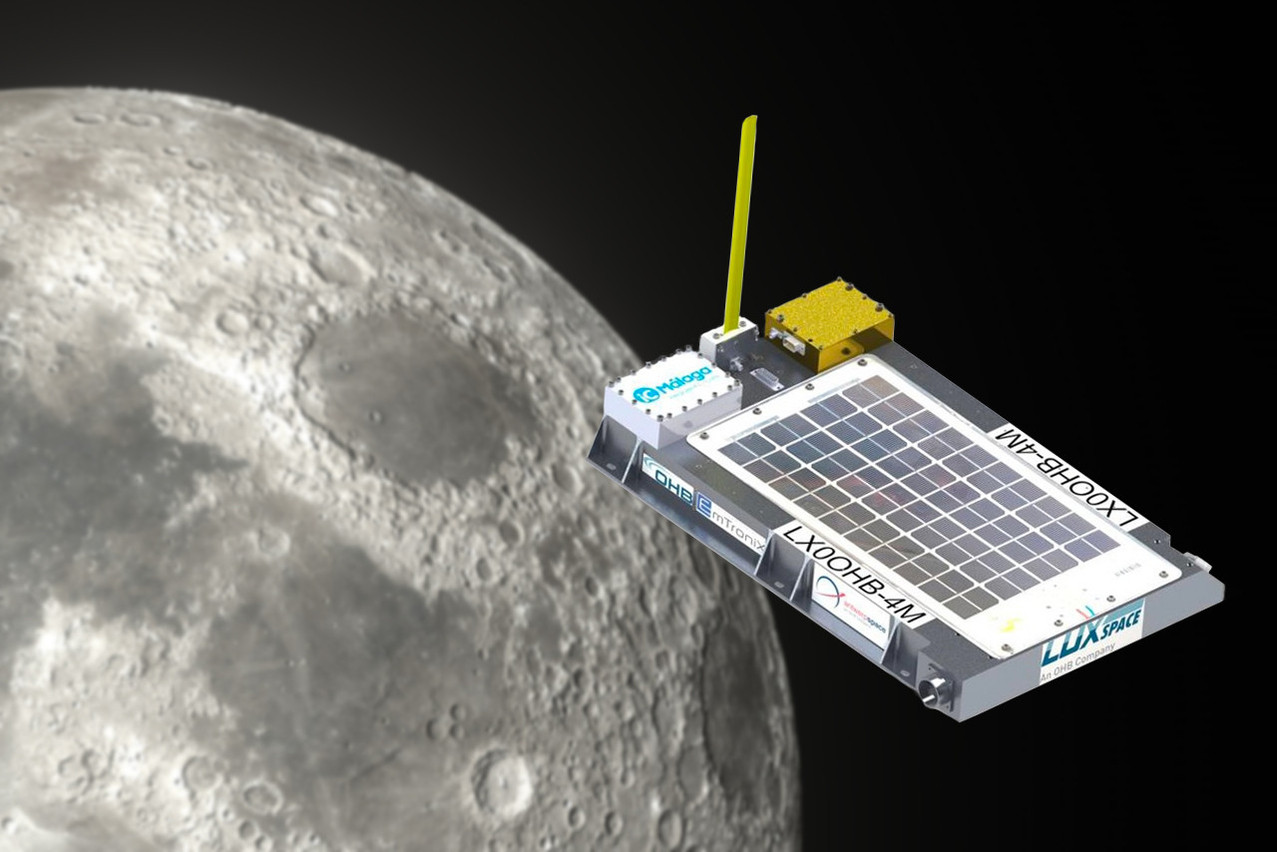Unlike the United States (1969), Luxembourg did not and has not set foot on the moon. But like the USSR, Japan, ESA, China, India and Israel, it has landed an object. A piece of debris that should never have made it there, says Numerama, after having to update its story three or four times since the beginning of the year.
At the end of January, the head of the Pluto Project, astronomer Bill Gray, announced that he had spotted the golf-ball-sized object, which was to crash into the far side of the moon on Friday 4 March at 9,000km/h. A piece of a Space X Falcon 9 launched in 2015, he believes.
Two weeks later, Science Alert reported that the object came from a Chinese rocket, a Long March 3C. However, China very officially explains, through its foreign ministry spokesperson Wang Wenbin, that this debris is not a piece of the rocket. “The upper stage of the Chang’e 5 mission fell safely into the Earth’s atmosphere and burned up completely,” he said.
According to an amateur astronomer, who hosts the YouTube channel “Closer to space”, the debris is the “Manfred Memorial Moon Mission” or 4M payload, attached to the top stage of the Chinese rocket launched in 2014.
The probe, Numerama reports, was the first private probe, designed by LuxSpace, a subsidiary of Luxembourg-based OHB AG that specialises in space systems. About the size of a 14-kilogram briefcase, the probe allowed radio amateurs to exchange 2,500 13-character digital messages.
The 4M mission was named after Italian-born Manfred Fuchs, founder of OHB, who died in April 2014. From the small Otto Hydraulics Bremen--originally owned by his wife Crista--Fuchs built a space giant. In 2010, the company won the tender to build the Galileo satellites, the European counterpart to GPS.
This story was first published in French on . It has been translated and edited for Delano.
